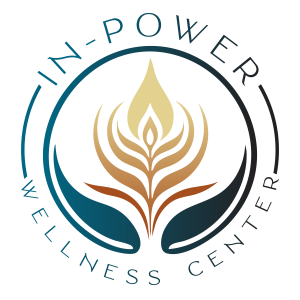
When someone receives a cancer diagnosis, it can feel like the world has tilted on its axis. The whirlwind of medical appointments, chemotherapy sessions, and the relentless tide of side effects can leave patients drained. Nausea, fatigue, and neuropathy can cloud the difficult days of treatment, making each step forward feel heavier than the last. Many oncologists are becoming wise to how acupuncture can offer patients a glimmer of relief to the side effects of cancer treatments.
Acupuncture, an ancient practice rooted in Traditional Chinese Medicine (TCM), involves inserting thin needles into specific points on the body to restore balance and promote healing. For cancer patients, this practice has emerged as a beacon of hope, offering relief from the taxing side effects of rigorous treatments. continue reading








